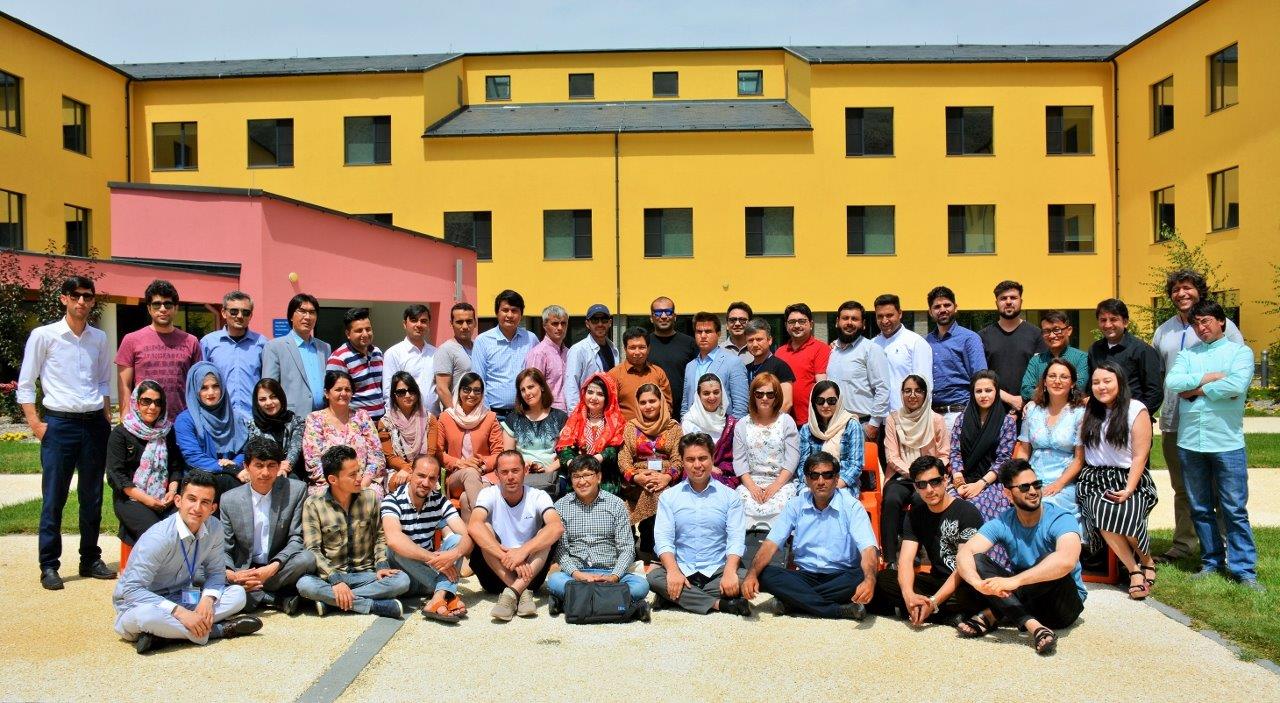
UCA’s Executive Master in Economic Policy (EMEP) Programme
The Executive Master in Economic Policy (EMEP) Programme was offered in 2018 and 2019 through the Graduate School of Development’s Institute of Public Policy and Administration (IPPA). EMEP was offered to Afghan civil servants through a partnership with the Ministry of Finance, Islamic Republic of Afghanistan (MOF AFG).
This programme was supported by Canada’s International Development Research Centre (IDRC) and the Aga Khan Foundation Canada (AKFC) and co-financed by MOF AFG.
EMEP programme, offered over a twelve-month period, designed in format and content to engage Afghan civil servants in a contextually relevant rigorous inquiry into analytically complex issues facing government. EMEP aimed to equip students with the sound theoretical knowledge and tools of economic management and policymaking required to tackle specific issues faced by (post-war) transition and emerging economies, ranging from the provision of basic social services to the organization of industry and financial institutions, to the introduction of new technologies and innovation into economy. As such, it was tailored to the realities and needs of Afghanistan and other countries of Central Asia and is built around real-world examples and case studies.
The language of instruction is English.
EMEP complies with the European Credit Transfer and Accumulation System standard. The degree is conferred upon completion of a minimum of 60 credits of approved coursework, and successful defense of a capstone project that is a policy paper dealing with an issue chosen by the student in consultation with IPPA staff.
The programme of study is divided into three terms. In each term, students are required to be enrolled as full-time students with at least 20-credits of coursework. Term 1 (Spring 2018) and Term 3 (Fall 2018) took place in Bishkek at Central Administrative Office. Term 2 (Summer 2018) was delivered at UCA’s campus in Naryn, Kyrgyz Republic.
The Program was delivered at UCA in Bishkek and Naryn, Kyrgyz Republic, in three sessions beginning April 1st, 2019.
Core courses involve fundamentals of economic theory, statistics and quantitative methods, fiscal, monetary and trade policies, labor market and human resources development. Topics courses build students’ competence in the specialized areas of agricultural, extractive, pivotal for achieving sustainable and inclusive growth.




